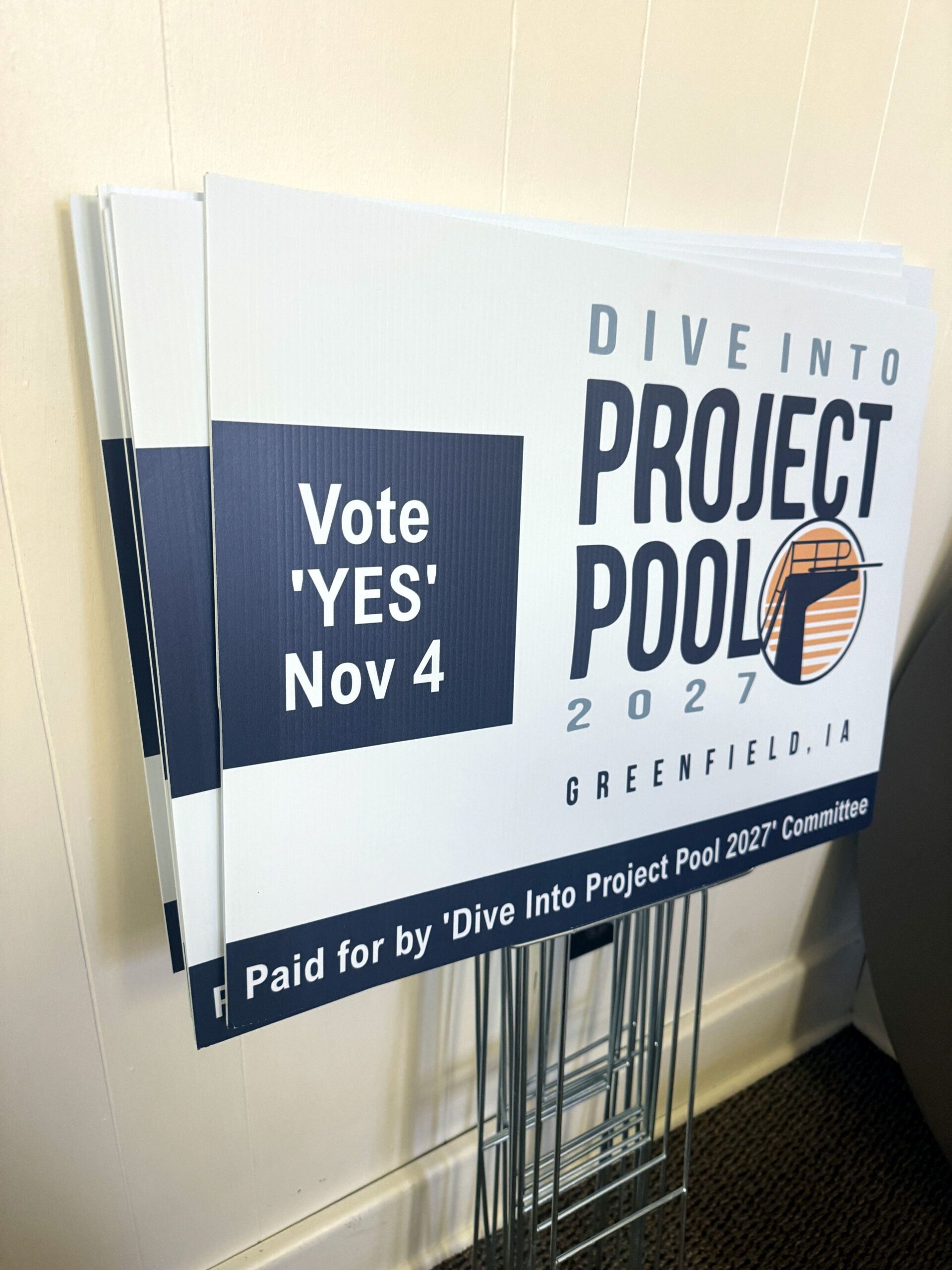AI Threatens Web’s Ad Model, Berners-Lee Issues Urgent Warning

UPDATE: Sir Tim Berners-Lee, the inventor of the World Wide Web, has issued a stark warning that artificial intelligence could dismantle the advertising model crucial to the internet’s economy. Speaking at the Reuters NEXT conference in New York, Berners-Lee emphasized that AI tools, particularly large language models (LLMs) like ChatGPT, are poised to disrupt traditional web traffic, threatening the very foundation of digital advertising.
This urgent statement emerges as AI chatbots increasingly serve as intermediaries between users and information, summarizing content without directing traffic to original websites. According to a report by Search Engine Land, Berners-Lee stated, “If AI agents consume web data directly, the whole ad-based business model of the web starts to fall apart.”
As AI continues to reshape user behavior, many are turning to these tools for quick answers instead of visiting websites. This shift could jeopardize billions in ad revenue for industry giants like Google and Meta. Recent data from the Interactive Advertising Bureau shows that digital advertising generated a staggering $398 billion in 2024, but this figure may plunge if website visits decline due to AI.
Berners-Lee’s call to action highlights the potential for AI to replace human interactions with web content, raising concerns that the ad-driven revenue model might collapse entirely. Analysts from CoinTurk Finance warn that stakeholders must adapt to new monetization strategies as AI disrupts traditional sources.
“AI could fundamentally transform the web,” Berners-Lee noted, proposing solutions through his startup, Inrupt, which aims to give users control over their data via personal ‘pods.’
In a reflective counterpoint, Berners-Lee articulated his belief that while AI may not destroy the web, it will transform it. He envisions a future where individuals own their information and can explore new monetization avenues beyond advertising. This perspective is critical for industry insiders who must navigate the evolving landscape.
The tech community is reacting with a mix of concern and debate. Social media discussions reflect sentiments that AI could lead to a “total slop implosion” of the ad model, as users express frustrations over the warped incentives that have historically plagued the internet.
With AI-first browsers emerging, such as those from The Browser Company and Perplexity, the threat intensifies. These tools can access data traditional scrapers cannot, further bypassing ads and delivering direct results. This trend could severely undermine platforms reliant on advertising revenue.
Berners-Lee’s remarks underscore the urgency for reform. He advocates for enhanced data structures via AI to empower users and prevent a catastrophic collapse of the ad model. He argues, “The web will evolve,” stressing that industry leaders must explore data ownership and innovative models to ensure a sustainable future.
As the debate unfolds, global regulatory bodies are taking note of AI’s impact on digital economies. In Europe and beyond, there are growing calls for frameworks to address these challenges. Berners-Lee’s warning is not only a critique but a vital message for stakeholders: the time for action is NOW.
Looking ahead, Berners-Lee’s vision highlights the potential for AI to create a more user-centric internet. Stakeholders must consider subscription models or micropayments as alternatives to traditional advertising. The implications are vast, affecting not just tech giants but also content creators and users alike.
In conclusion, the future of the web hangs in the balance as AI’s role continues to expand. Berners-Lee’s insights serve as a crucial reminder that while challenges abound, there is also an opportunity for significant transformation. As industry leaders grapple with these rapid changes, the call for innovation and reform has never been more urgent.






